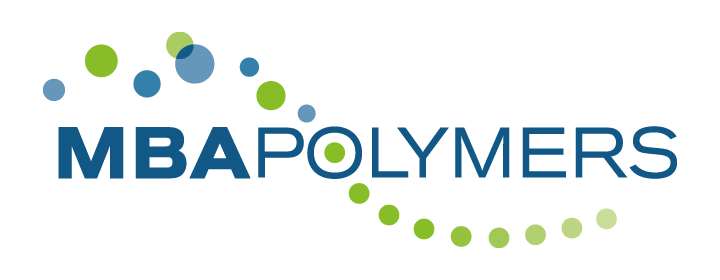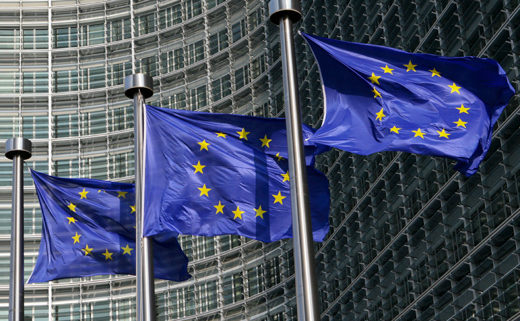European Commission invests €40m in resource efficiency projects
The European Commission (EC) has invested €40m (£34m) in 14 research projects dedicated to resource efficiency. Collaborations will take place among 140 businesses and research organisations in 19 European countries, with projects tackling the challenges of recycling waste materials from manufactured products and the agricultural sector. The project leaders met with EC officials in Brussels this month to agree priorities and determine the next steps.
The aims of the investment are to encourage circular economy thinking and increase resource productivity while promoting reuse and reducing waste – against a backdrop of intense competition for resources, rising energy prices and climate change. The funding forms part of the EU’s wider funding programme for environmental technologies, known as FP7, and follows a €61m investment in 18 resource efficiency research projects in October 2012.
Some 80% of the 14 companies that have won funding this year are small-to-medium sized businesses. Their research projects include the reuse of tyres in high value concrete applications (ANAGENNISI); recovery of cobalt and lanthanide from batteries (COLABATS); automated sorting and recycling of waste lamps (ILLUMINATE); plasma-based transformation of food waste into graphitic carbon and renewable hydrogen (PlasCarb); processing of aluminium scrap for manufacturing aluminium alloys (Recycal); recovery of rare earth metals from WEEE (REEcover) and the investigation of closed loop manufacturing modules (ResCoM).
The EU has invested nearly €50bn in research and innovation projects since 2007. Next year, it plans to launch a seven-year research and innovation funding programme, Horizon 2020, which will focus specifically on transforming ideas into marketable products and services.
For a full list of the 14 resource efficiency projects to be funded by the EC, click here.

